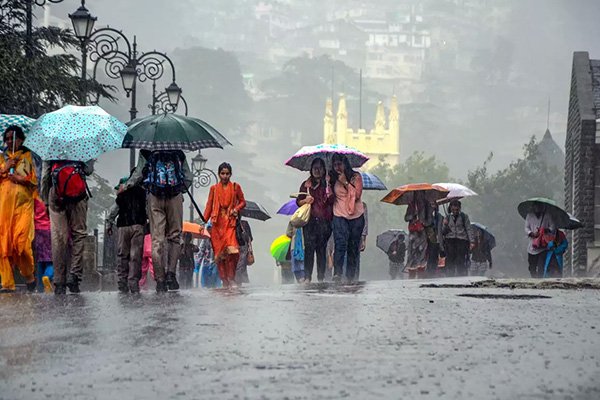Laxmidhar Behera, the director of the Indian Institute of Technology (IIT) Mandi, has stirred controversy after linking weather incidents in Himachal Pradesh to the consumption of meat. During a recent address to students, he expressed the view that the “butchering of innocent animals” had an unseen yet symbiotic relationship with the degradation of the environment.
In a video that has since gone viral, Professor Behera can be heard saying, “…you cannot see right now but is there. It is having landslides, cloudbursts, and many other things again and again; these are all effects of cruelty on animals…people eat meat. To become good human beings, what you have to do? No to meat-eating.” He also urged students to vow not to eat meat.
These comments have sparked a heated debate, with many netizens expressing criticism of Behera’s views. Some questioned his role as an educator, while others attempted to engage with him on scientific grounds.
One user on social media platform Twitter derided Behera’s statements, saying, “Director of an IIT. Why is Himachal having landslides? Because of unplanned construction/deforestation/climate change/all of the above? No. Because of meat-eating. Is he saying farming animals leads to deforestation? No. He says it leads to cloudbursts.”
As the video gained traction, it also became a topic of discussion for opposition politicians. Congress leader Jairam Ramesh criticized Behera’s statements and questioned his suitability for the position of an IIT director. Ramesh asserted that the longer Behera remained in office, the more damage he would do to the spirit of scientific temper.
Ramesh stated on social media, “The PM spoke of plastic surgery being known to our ancestors. He also told children climate has not changed, while we have. A senior Minister confused Newton and Einstein while another justified excluding Darwin from textbooks…Now, this simply flabbergasting statement from the Director of a prestigious institution!!! He actually has shown he is not fit to hold the position. The longer he stays, more the damage he will do to the spirit of scientific temper.”
Behera has not yet responded to the controversy surrounding his remarks. The debate highlights the intersection of scientific knowledge, personal beliefs, and public discourse, with critics questioning the scientific validity of his claims while others express concerns about the impact of such statements on educational institutions and scientific discourse.











